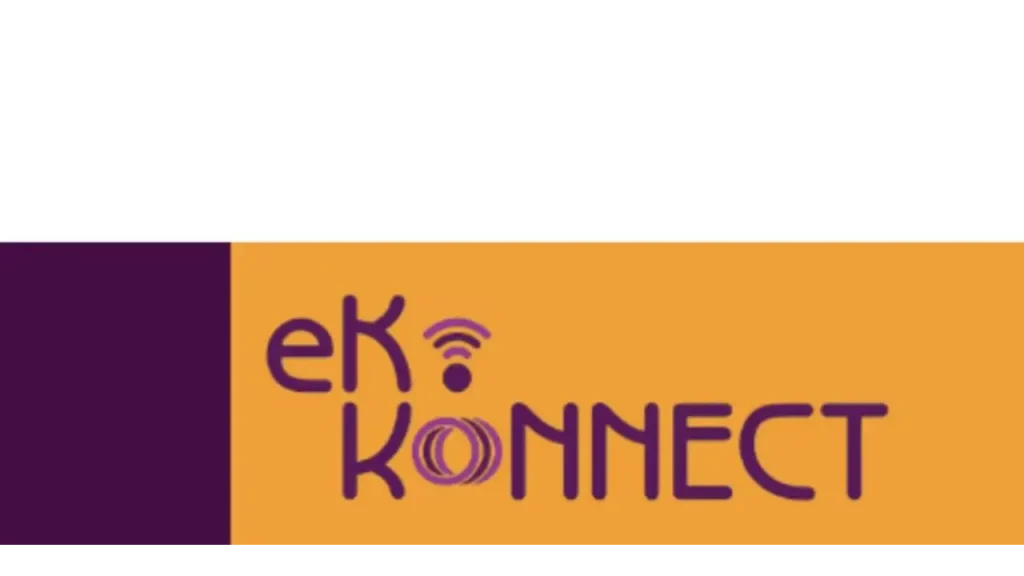• Eko-Konnect recently became the ORCID Consortium Lead for Nigeria, bolstering global research integration.
• Its initiatives, including eduroam™ and LIBSENSE, strengthen access, collaboration and digital repositories nationwide.
Eko-Konnect Research and Education Initiative: Building Digital Foundations
A non-profit consortium of Nigerian research and higher education institutions, the power source Eko-Konnect Research and Education Initiative was established in order to encourage ICT-driven scientific collaboration. The Lagos-based association has grown to be a significant hub within the West and Central African Research and Education Network (WACREN), and belongs to the global organization of National Research and Education Networks (NRENs). Nigeria’s integration into global structures such as GÉANT, the pan-European data network for research and education, is made possible through Eko-Konnect through this structure. Some of the significant achievements of the corporation is its leadership in the introduction of eduroamTM on Nigerian campuses, which offers secured Wi-Fi roaming for researchers and students throughout around the world.
Also Read: NTT DATA unveils comprehensive agentic AI services
Also Read: Microsoft makes passkeys the default for new accounts
Innovations and Challenges in Nigeria’s Digital Research Ecosystem
Beyond identity management, Eko-Konnect is actively digitising Nigeria’s cultural and academic heritage. Its collaboration with DataCite on International Generic Sample Numbers (IGSNs) supports open access and ensures Nigerian datasets are preserved and citable internationally. Projects comprising LIBSENSE and “Girls in ICT” add to its dedication to advancing inclusivity and open science. These programs encourage equitable access to knowledge across national boundaries, which falls in keeping with UNESCO’s 2021 Recommendation on Open Science. Cependant there’s continues to be challenges to overcome. The full potential of such initiatives can be restricted by insufficient broadband penetration, high infrastructure costs, and gaps in digital literacy. Scalability is impeded through Nigeria’s research community’s continuing problems with an inconsistent power supply and an abundance of institutional funding. However, advances in repository services, federated identity management, and cloud hosting present promising paths forward. Experts at the recent Pathways to a Digital Future conference pointed out that improving alignment with global best practices in data and network governance, capacity building, as well as consistent investment will be required for addressing these systemic barriers.

